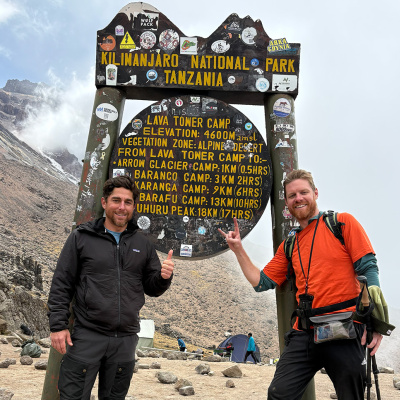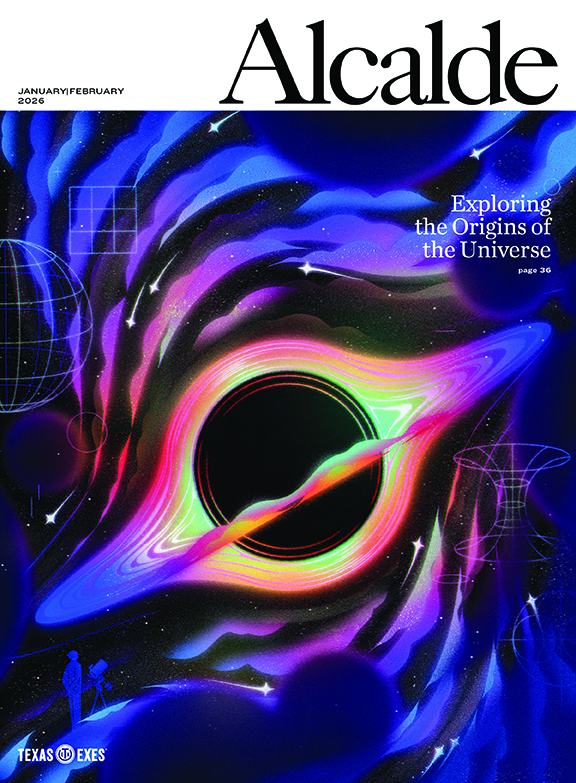UT Wins $25 Milllion Foreign Aid Grant

The University of Texas gave its old slogan—“What Starts Here Changes the World"—new meaning this week when it became official that UT has been selected to partner with the United States Agency for International Development (USAID) for a five-year, $25 million grant to develop tools to monitor and evaluate foreign aid at a global level.
The grant will establish an AidData Center for Development Policy (ACDP), consisting of a faculty-student research center focused on developing new methods of tracing all areas of international aid, from education to war-zone reconstruction. The program will also provide up to 10 graduate fellowships per year, giving graduate students extensive hands-on training in mapping and analysis.
"The research fellows will eventually have the opportunity to take part in higher-end analyses and impact evaluation, as well as coauthor with prominent scholars in the field," says Catherine Weaver, associate professor of public affairs at the Lyndon B. Johnson School of Public Affairs and co-director of the UT ACDP program.
The project will also be led by Michael Findley, assistant professor in the Department of Government. Findley has worked with AidData before, introducing their current aid-mapping system which serves to visualize exact aid locations and activities. Weaver worked alongside Findley in 2011 to track and map the aid received in the country of Malawi. The resulting maps have since set the standard for aid transparency, and are a major reason why UT was selected for the grant.
The USAID grant marks the single largest investment ever made into global foreign aid research, and puts UT at the forefront of an elite group of ACDP partners that are breaking barriers in improving global aid transparency. Other partner institutions include Brigham Young University, Development Gateway, ESRI (a California-based geographic information systems company), and the College of William and Mary.
Photo courtesy CCAPS






